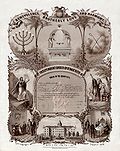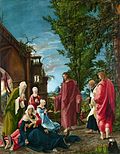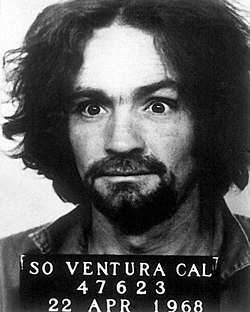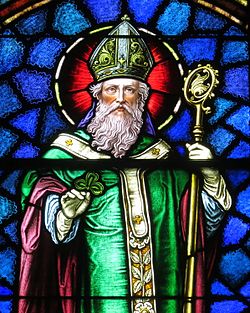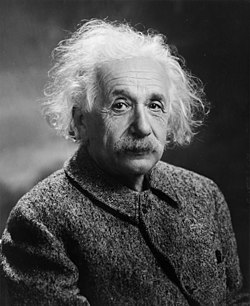Portal:Religion
The Religion Portal
Religion is a range of social-cultural systems, including designated behaviors and practices, morals, beliefs, worldviews, texts, sanctified places, prophecies, ethics, or organizations, that generally relate humanity to supernatural, transcendental, and spiritual elements—although there is no scholarly consensus over what precisely constitutes a religion. It is an essentially contested concept. Different religions may or may not contain various elements ranging from the divine, sacredness, faith, and a supernatural being or beings. (Full article...)
 Vital article
Vital article

Buddhism (/ˈbʊdɪzəm/ BUUD-ih-zəm, US also /ˈbuːd-/ BOOD-), also known as Buddhadharma and Dharmavinaya, is an Indian religion and philosophical tradition based on teachings attributed to the Buddha, a wandering teacher who lived in the 6th or 5th century BCE. It is the world's fourth-largest religion, with almost 500 million followers, known as Buddhists, who comprise seven percent of the global population. It arose in the eastern Gangetic plain as a śramaṇa movement in the 5th century BCE, and gradually spread throughout much of Asia. Buddhism has subsequently played a major role in Asian culture and spirituality, eventually spreading to the West in the 20th century. (Full article...)
 Did you know (auto-generated)
Did you know (auto-generated)
- ... that fictional religions, often described in speculative fiction, have in some cases inspired real religious movements?
- ... that the Grave with the Hands commemorates a married couple, divided by society and religion, with hands clasped over a cemetery wall after death?
- ... that the capital of South Ossetia once had more Jews than Ossetians?
- ... that Musa va 'Uj depicts figures from all three Abrahamic religions?
- ... that the nonconformist minister Ichabod Chauncey was banished from England under the Religion Act 1592 and spent two years in exile in Holland where he published a defence of his actions?
- ... that religious studies scholar C. Jouco Bleeker believed that religions are like acorns?

Guy Fawkes Night, also known as Guy Fawkes Day, Bonfire Night and Fireworks Night, is an annual commemoration observed on 5 November, primarily in Great Britain, involving bonfires and fireworks displays. Its history begins with the events of 5 November 1605 O.S., when Guy Fawkes, a member of the Gunpowder Plot, was arrested while guarding explosives the plotters had placed beneath the House of Lords. The Catholic plotters had intended to assassinate Protestant king James I and his parliament. Celebrating that the king had survived, people lit bonfires around London. Months later, the Observance of 5th November Act mandated an annual public day of thanksgiving for the plot's failure. (Full article...)




































